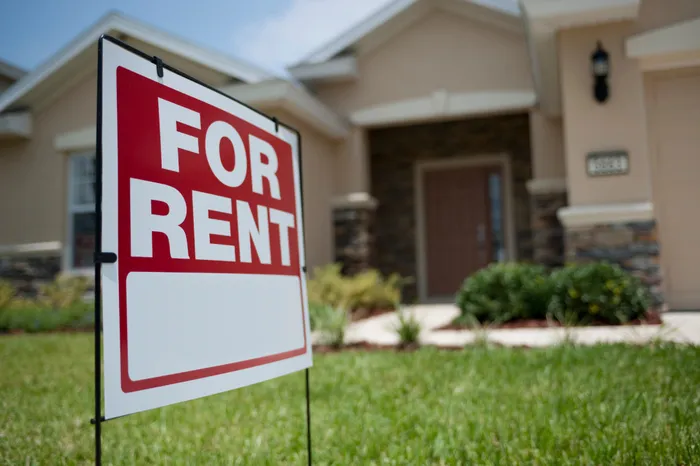Rent in NC amongst the highest in SA

File picture
RENTAL property in the Northern Cape remains amongst the highest in the country, with the average rent in the Province more than R8 000 a month.
This is according to a survey conducted by PayProp South Africa.
According to the results of the survey, nationally, the average rent came in at R7 746 for the second quarter of this year, up by R115 from R7 631 the year before.
“The Western Cape is still the most expensive province in which to rent, with an average rent of R9 022 (down from R9 025 a year ago). It is also still the only province where the average rent is more than R9 000 per month.
Gauteng, where the average rental is R8 344 a month, is now the second most expensive province, followed by the Northern Cape, with an average monthly rent of R8 081.”
KwaZulu-Natal, the second most expensive province a year ago, moved to the fourth position after experiencing negative growth of 1.6% over the year. Here the monthly rental is R8 037 a month.
Mpumalanga, the province with rent levels closest to the national average, saw rent levels increase from R7 381 last year to R7 463 this year.
In Limpopo rent levels decreased from R7 227 in the second quarter of last year to R6 962, while the Free State had the highest growth rate of all the provinces at 4.7%, which saw the average rent increase from R6 166 a year ago to R6 455 this past quarter.
The two cheapest provinces for rentals in the country were the Eastern Cape, where the average rental is just over R6 000 at R6 052, and the North West, which is the only province with an average rent below R6 000, at R5 235.
The survey pointed out that lockdown had meant that many South Africans experienced a decrease or in some cases even a total loss of income.
“Naturally, this has affected their ability to pay rent. The percentage of tenants in arrears increased from March to April, and again from April to May. It is encouraging to see a slight subsequent decrease (May to June), signalling that this figure is likely to improve or at least remain stable for the next few months,” Johette Smuts head of data and analytics at PayProp South Africa, stated.
The Northern Cape was one of three provinces that experienced an increase in the percentage of tenants in arrears from May to June, although the June figure is slightly lower than the percentage observed in April.
In January, the percentage arrears in the Province was 22%, in February 20% and in March 21.5%. In April this shot up to 25.6%, in May it was 24.7% and in June 25.2%.
“The effect of Covid-19 on rent is clear, as expected. Rental growth over the last quarter was extremely low, and we don’t expect it to pick up any time soon. Inflation figures over the quarter were the lowest they’d been in more than 15 years, fuelled by a drop-off in demand from consumers – most likely due to lockdown as well as affordability,” Smuts said.
She added that while there was a definite increase in tenants in arrears since March, it was encouraging to see that the percentage of tenants in arrears is flattening out in most provinces.
“That being said, the average amount in arrears is still increasing, but will hopefully flatten out in the next few months, since most workers were able to return to work from June.
“We expect that the aftermath of a national lockdown will be felt for much longer because of the knock-on effects on the economy and, in many cases, tenants’ income.”